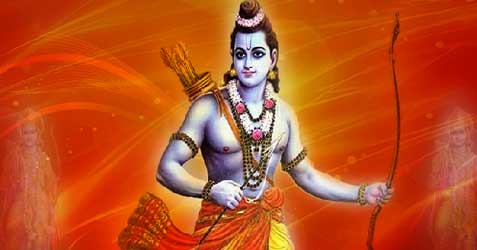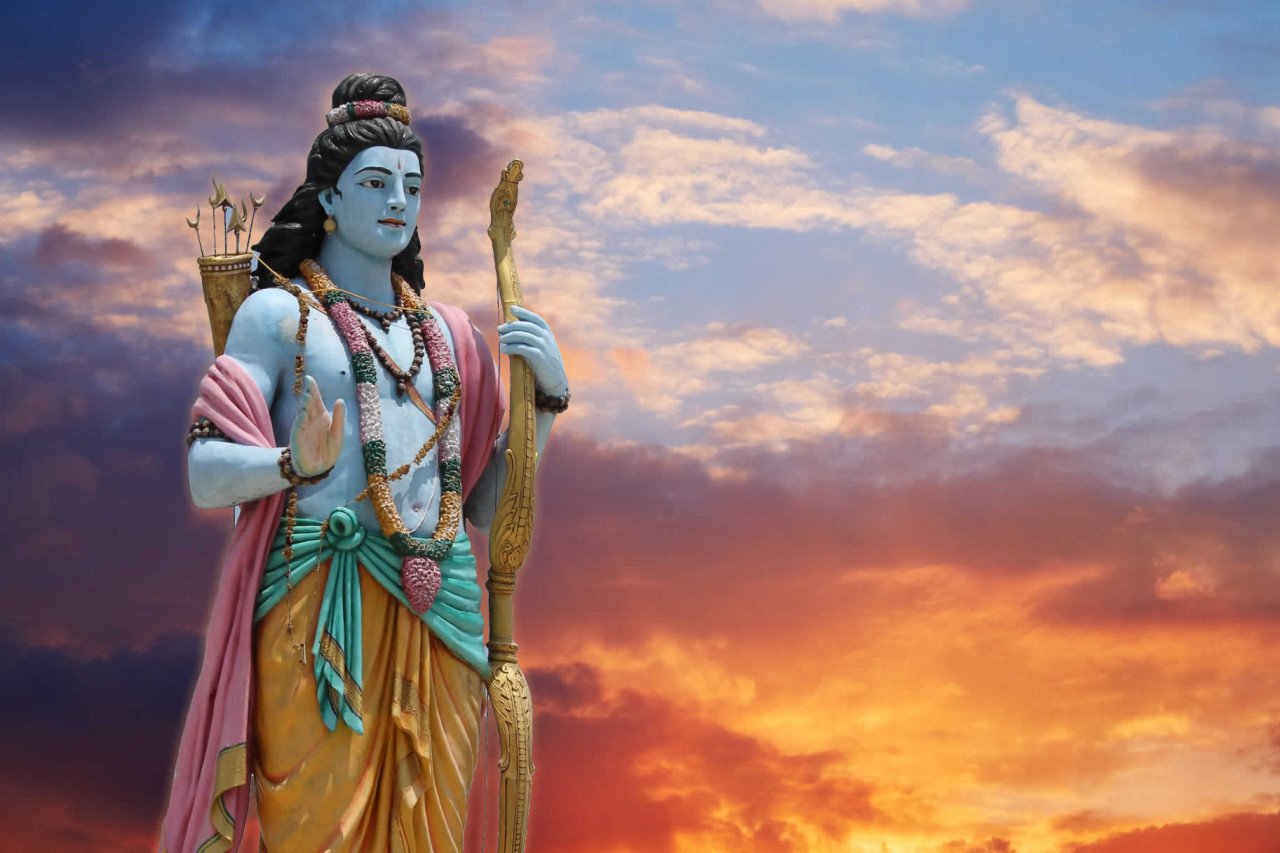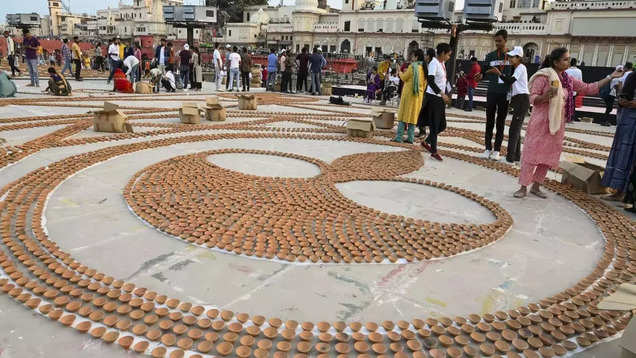Ram Navami, a significant Hindu festival, marks the birth anniversary of Bhagwan Ram.
 This auspicious day falls on the ninth day of the Shukla Paksha in the Hindu month of Chaitra, which typically corresponds to March or April in the Gregorian calendar. In 2024, Rama Navami is observed on April 17th, Wednesday.
This auspicious day falls on the ninth day of the Shukla Paksha in the Hindu month of Chaitra, which typically corresponds to March or April in the Gregorian calendar. In 2024, Rama Navami is observed on April 17th, Wednesday.
Ram Katha recitals, processions dedicated to Lord Ram, and prayers offered in temples and homes are some of the key customs observed on this day.
What is Ram Navami?
Ram Navami commemorates the divine appearance of Shri Ramachandra in Ayodhya during the Treta Yuga. According to Vedic scriptures, Bhagwan Krishna or Bhagwan Vishnu incarnated as Ramachandra, engaging in various divine activities that embodied culture, heroism, morality, and humility.
Throughout ancient scriptures, it is emphasized that Bhagwan Vishnu descends in different incarnations to guide devotees and combat evil. Ram Navami symbolizes Lord Ram’s appearance in both his human and divine forms, celebrated with reverence and joy across India, particularly in Ayodhya, and Uttar Pradesh.
Preceding Ram Navami, Hindus observe a nine-day fast during Chaitra Navaratri, engaging in prayer and meditation for body detoxification. On the festival day, homes and temples resonate with bhajans and kirtans, and processions carrying miniature statues of Bhagwan Ram grace the streets. Temples conduct rituals like “Havana” to purify the mind, body, and soul, distributing sweets and fruits as offerings.
Ramlila, a theatrical portrayal of Bhagwan Ram’s victory over Ravana, is performed in many parts of the country. Devotees typically fast until midnight, breaking their fast with sweet offerings. Major celebrations occur in Ayodhya, Bhadrachalam, Rameswaram, and Sitamarhi, where deities of Sita, Laxman, and Hanuman are also worshipped.
Ram Navami serves as a reminder of Samrat Ram’s virtues, inspiring devotees to uphold righteousness and celebrate his divine presence.



